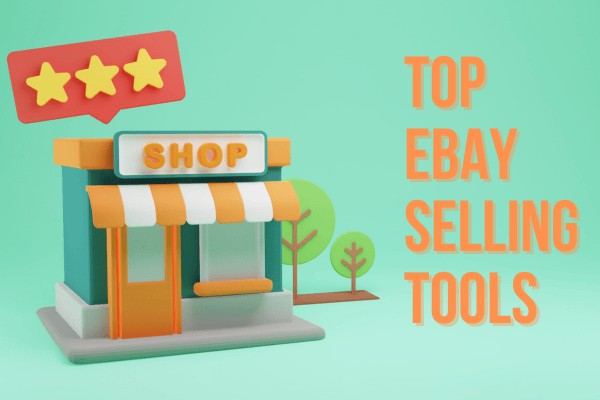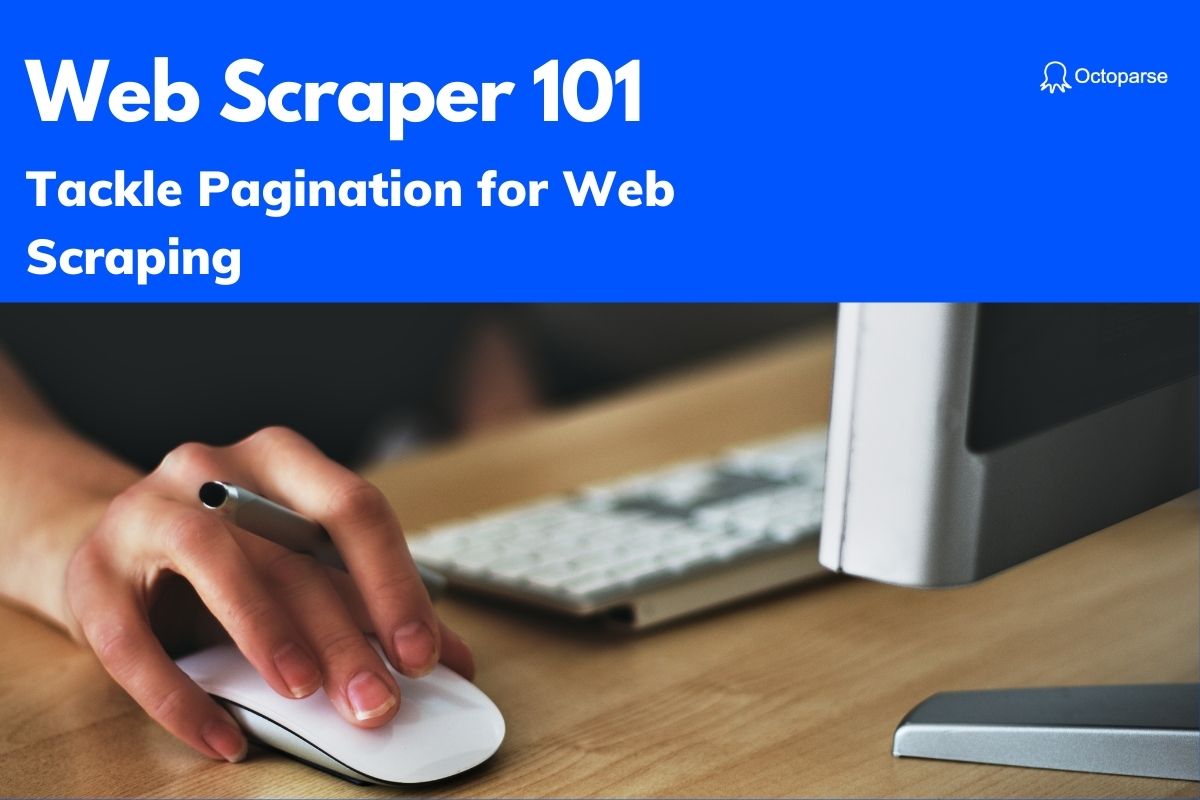“Are web scraping and web crawling the same things?” “Is scraping fast always a good thing?”
You may have such questions when you hear about web scraping. Many people avoid web scraping entirely due to widespread misconceptions about its legality and technical requirements.
Let’s separate fact from fiction by debunking 10 myths of web scraping.
10 myths about web scraping
1. Is Web Scraping Illegal?
Myth 1: Web scraping is always illegal and will get you in trouble.
But the reality is web scraping itself isn’t illegal, but problems arise when people disregard websites’ terms of service or scrape protected content without permission.
Web scraping legality could be more nuanced in different regions, and you can learn more indepth knowledge about web scraping legality from our expert guide: “is web scraping legal?”
2. Are Web Scraping and Web Crawling the Same?
Reality: These terms describe different activities:
Web crawling scans and indexes entire websites systematically, like search engines do. It focuses on discovery and mapping.
Web scraping extracts specific data from targeted webpages. It’s goal-oriented and selective, focusing on particular information like prices, reviews, or contact details.
You can learn in greater details via our expert guide on web crawling vs web scraping.
3. Can I Scrape Any Website?
Reality: Technical capability doesn’t grant legal rights. Consider these restrictions:
- Private data requiring login credentials cannot be scraped legally
- Terms of Service often explicitly prohibit automated data collection
- Copyrighted content requires permission to use
- Personal information may be protected by privacy laws
One person can be prosecuted under several laws. For example, one scraped some confidential information and sold it to a third party disregarding the desist letter sent by the site owner. This person can be prosecuted under the law of Trespass to Chattel, Violation of the Digital Millennium Copyright Act (DMCA), Violation of the Computer Fraud and Abuse Act (CFAA), and Misappropriation.
When scraping social platforms like LinkedIn, Twitter, or Facebook, you must understand what data is permissible. Most websites allow scraping services that follow robots.txt guidelines.
Users data protection varies by jurisdiction. What’s legal in one country may violate privacy laws in another.
4. Do I Need to Know Python When Scraping
Reality: There are no-code web scrapers that make web scraping accessible to everyone.
Modern free web scraping tools like Octoparse provide preset templates for popular platforms:
- Amazon product data
- eBay listings
- LinkedIn profiles
- Twitter posts
- Google Maps information
These templates require only keywords or URLs – no coding needed. This democratizes data collection for marketers, researchers, analysts, and journalists.
5. Can I Use Scraped Data for Anything
You might thought: “Once I scrape data, I can use it however I want.”
But the reality is: Data usage has legal and ethical boundaries.
Legal uses:
- Market research and analysis
- Academic research
- Price comparison
- Public information aggregation
Potentially illegal uses:
- Selling private contact information
- Republishing copyrighted content
- Creating competing services with scraped data
- Using data for spam or fraud
Always consider the source, type of data, and intended use. Proper attribution and avoiding plagiarism are essential ethical practices.
6. Web Scrapers Are Always Reliable
People might think web scrapers work consistently across all websites. But in fact, scrapers face various challenges:
- Websites change layouts and structures
- IP addresses may get blocked as suspicious
- Geographic restrictions can limit access
- Anti-bot measures like CAPTCHAs interfere
To avoid being blocked, it is imperative to know more about:
how to scrape websites without being blocked.
7. The Faster, The Better
Another common misunderstanding is the faster the scraping is, the better the results would be.
However, fast speed can cause both legal and technical problems.
You may have seen scraper ads saying how fast their crawlers are. According to them, they can collect data in seconds.
But what they don’t tell is that a scalable data request at a fast speed will overload a web server, which might lead to a server crash.
If you are not sure whether the website is available for web scraping and how to avoid causing a server crash while extracting data, please ask the web scraping service providers.
Octoparse is a responsible web scraping service provider that places clients’ needs and satisfaction in the first place. The goal of Octoparse is to help clients get their problems solved and be successful.
8. APIs Scraping and Web Scraping Are Identical
Actually, they’re different approaches with distinct advantages:
APIs provide structured data channels with defined access rules. They return data in JSON format but may have limitations on available information.
Web scraping offers more flexibility and customization. It can extract virtually any visible data and interact with websites dynamically.
Many platforms offer APIs (Amazon, eBay, Twitter), but web scraping can access and export the data that APIs don’t provide.
Octoparse has made more effort in building preset web scraping templates. Templates are even more convenient for non-tech professionals to extract data by filling out the parameters with keywords/URLs.
9. Is Raw Scraped Data Useless?
The scraped data does not only works after being cleaned and analyzed; raw data can provide immediate insights too.
Examples of immediately useful scraped data:
- Competitor SEO analysis from search results
- Product pricing for market positioning
- Social media sentiment monitoring
- Real estate market trends
Let’s take Octoparse’s Google Search web scraping template as an example. With it, you can search for an organic search result and extract informatics, including the titles and the meta descriptions about your competitors to determine your SEO strategies.
For retail industries, web scraping can be used to monitor product pricing and distribution. For example, Amazon online shop owners can crawl products under the “Electronic” catalog on Flipkart and Walmart to assess the performance of electronic items on other platforms.
While some applications require data cleaning and analysis, others benefit from real-time raw data.
10. Is Web Scraping Only for Businesses?
In fact, web scraping has diverse applications across sectors:
Academic Research:
- Paper and citation analysis
- Social media trend studies
- Economic data collection
You can learn more about how Octoparse as web scraper tool provides tremendous helps to Purdue University for analyzing food market data.
Real Estate:
- Housing market analysis
- Property value tracking
- Investment opportunity identification
There are real life examples from Octoparse that real estates benefits from web scraping.
Marketing:
- Influencer identification
- Brand mention monitoring
- Content aggregation
Check out: Octoparse helps Dealogic gets empowered with content aggregation using web scraping.
Personal Projects:
- News customization
- Price tracking for purchases
- Job market analysis
For instance, students can also leverage a Google Scholar web scraping template to conduct paper research. Realtors are able to conduct housing research and predict the housing market.
You will be able to find YouTube influencers or Twitter evangelists to promote your brand or your own news aggregation that covers the only topic you want by scraping news media and RSS feeds.
A Video Explains Web Scraping Myths
Now, you may have a general idea about web scraping and its myths after reading the above content. Here is a video to help you understand the web scraping concept better, and you can also read the frequently asked questions of web scraping to learn more or download the web scraping infographic to have a general idea.
Conclusion
Understanding these 10 myths helps you navigate web scraping legally and effectively. Whether you’re conducting research, monitoring competitors, or gathering market intelligence, responsible scraping practices protect both your projects and data subjects’ rights.
FAQs
- Do you need permission for web scraping?
Not always. Scraping public data generally doesn’t require explicit permission, but respecting website terms of service and robots.txt files is important. For personal data or proprietary content, permission is often necessary.
- Is BeautifulSoup illegal?
No, BeautifulSoup is a legitimate Python library for parsing HTML and XML. The tool itself is legal – legality depends on how you use it and what data you extract.
- Is web scraping forbidden?
Web scraping isn’t forbidden globally, but specific websites may prohibit it in their terms of service. The question “Is web scraping legal?” depends on jurisdiction, data type, and usage.
- What are the main legal risks of web scraping in the US?
Key risks include CFAA violations for accessing protected systems, copyright infringement, contract breaches through terms of service violations, and privacy law violations when handling personal data.
- How do website terms of service influence web scraping legality?
Terms of service create contractual obligations. Violating explicit anti-scraping clauses can result in breach of contract claims, even if the scraping itself doesn’t violate other laws. The enforceability depends on how the terms were presented and accepted.




